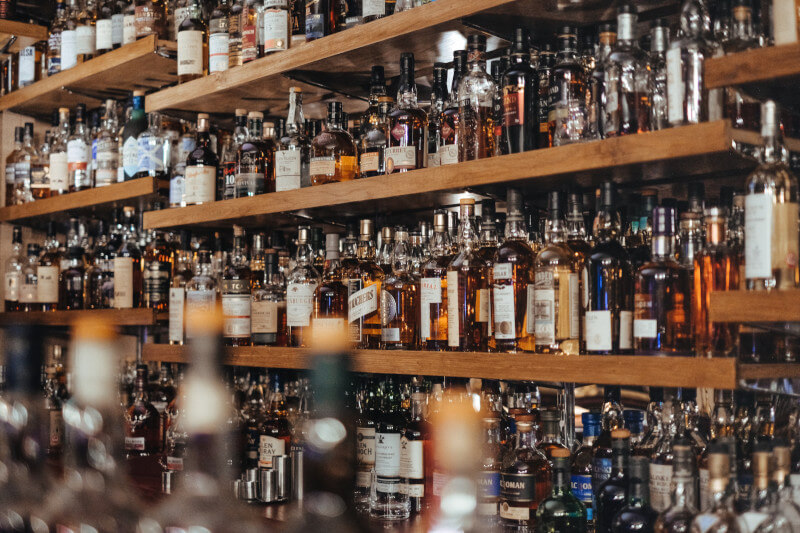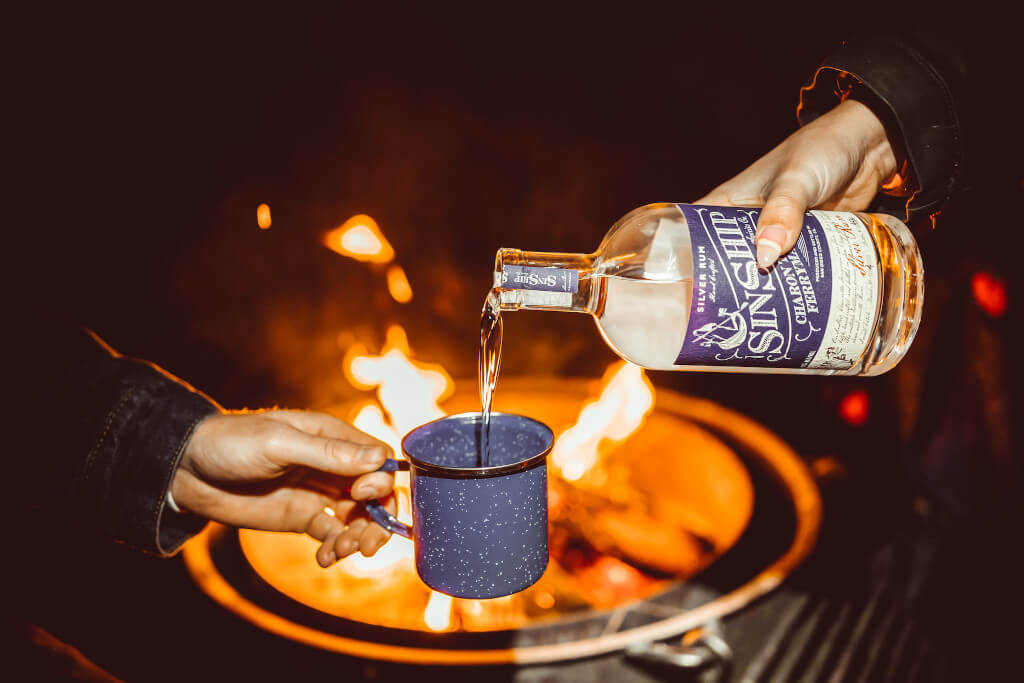The essence of a drink is often rooted in its geographical origin and method of production. This principle is observed in the regulations surrounding champagne, whisky, and tequila. A less widely-known spirit that deserves similar attention is rhum agricole.
What Sets Rhum Agricole Apart?
While rhum agricole bears a resemblance to traditional rum, the distinction is clear in its production process. Rhum Agricole is exclusively crafted using sugar cane juice, unlike most commercially available rums which employ molasses. The nomenclature offers another clue. Genuine rhum agricole is produced only in specific French territories, including French Guiana, Guadeloupe, Martinique, Réunion, and the Portuguese island of Madeira. The term “agricultural” in English translates to the spirit’s French name, aptly reflecting its distinct, earthy taste influenced heavily by its origin’s natural conditions.
To ensure the integrity of this spirit, various territories have instituted regulations, with Martinique having an Appellation d’Origine Contrôlée (AOC) since the 1970s. Others have similar Geographical Indicators (GI), all supported by France’s NAO.
The Misuse of ‘Agricole’
Despite the defined parameters, the term ‘agricole’ has been used outside its designated boundaries. As highlighted by rum expert Benoît Bail, it is puzzling to observe this French term on foreign bottles. If foreign producers are aiming for a similar production style, it begs the question, why not adopt other terminologies like clairin or cachaça?
The misuse of the term has escalated with the renewed popularity of the Agricole category. While traditionally ignored, it has now become a trendy descriptor, adding to its allure. A prominent example is the case of High Wire Distilling Co. in Charleston, South Carolina, which produced a sugar cane juice spirit, marketing it as Agricole. Such moves can distort the market’s perception, leading to a dilution of the genuine product’s identity.
The Snowball Effect Misusing the Term
- Market Confusion: As more companies utilize the term without adhering to traditional production methods or regional criteria, consumers may struggle to differentiate between genuine Rhum Agricole and other sugar cane spirits. This could lead to a general misunderstanding of what constitutes a genuine product.
- Quality Dilution: With the term being applied more broadly, there’s a potential threat that the general perception of Agricole’s quality might be compromised. A traditionally premium product may be seen on the same footing as non-traditional or even inferior versions.
- Economic Impact: Traditional producers, who invest time and resources to comply with stringent production norms, might face unfair competition from newer brands misusing the term. This could lead to financial strain on genuine producers, ultimately affecting the product’s availability in the market.
Branding and the Illusion of Authenticity

In today’s market, branding plays a critical role. Words, especially those associated with quality or heritage, can significantly influence consumer decisions. The misuse of ‘Agricole’ can be seen as a strategy by some companies to capitalize on the term’s perceived premium nature without delivering on its inherent promise. As newer entrants continue to use the term without staying true to its origins, there’s a genuine risk that consumers might begin associating the term with a broader and potentially lesser quality range of products.
Setting A Precedent
The misuse of ‘Agricole’ today might lead to the misuse of other historic and geographically significant terms tomorrow. Protecting such terms is not just about preserving a legacy but also about ensuring that consumers can make informed decisions. The precedent set by allowing such misuses could have long-term repercussions on the authenticity and integrity of numerous other products in the global market.
Why Classification Matters
The rising trend of using ‘Agricole’ for spirits derived from sugar cane juice, instead of molasses, isn’t merely a play on words. According to Bail, this misrepresentation impacts the market’s understanding. Genuine agricole rhums, with their centuries-old production methods, represent a distinct quality, which might not be upheld by the newer entrants.
Kiowa Bryan, National Brand Manager for Spiribam (which covers Rhum Clément, Rhum J.M, and more), underlines the necessity of accurate classification. The U.S. has 33 subcategories for whisky but none for rum. The lack of categorization creates an avenue for mislabeling. Bryan points out that such mislabeling can misguide consumers about the expected flavor profiles of authentic rhum agricole.
The Call for Regulatory Enforcement
Ben Jones, an associate of Bryan and a descendant of Rhum Clément’s founder, emphasizes the urgent need for regulatory action. Although he has approached the TTB for change, his efforts remain unanswered. Ideally, referring to established regulations, like the AOC of Martinique rhum agricole or the GI for Jamaican rum, would ensure consistency and protect the legacy of genuine rhum agricole.
A core concern in the current scenario is the erosion of Rhum Agricole’s genuine identity. Without clear demarcation, producers outside traditional regions and not adhering to the age-old processes can misrepresent their products. This muddies the water for consumers, making it challenging to distinguish authentic Rhum Agricole from other sugarcane spirits. A survey conducted in 2022 revealed that over 60% of consumers believe that clear labeling, backed by stringent regulations, greatly influences their purchasing decisions in the spirits category.
When consumers are misled, not only does it tarnish the reputation of genuine Rhum Agricole, but it also can have significant economic implications. Authentic producers, dedicated to maintaining quality and tradition, may experience decreased sales as their products get lost in a saturated market. Dr. Laura Richmond, a beverage industry analyst, opines, “The dilution of a brand’s authenticity can lead to a potential decrease in its market value by up to 20%. In the long run, this can cause irreparable damage to legacy brands like Rhum Agricole.”
If customers are further repeatedly exposed to products that don’t meet their expectations, their trust wanes. This can lead to a decline in brand loyalty, causing consumers to shift to alternative products that they perceive as more genuine or transparent. In a recent study, 75% of respondents stated that they would switch brands if they felt the authenticity of their preferred brand was compromised.
The Global Ripple Effect
Given the global nature of the spirits market, a lapse in one region when it comes to slack regulatory enforcement can have repercussions worldwide. Without a universally accepted standard, genuine Rhum Agricole’s reputation could be jeopardized on an international scale. Marcus O’Reilly, Global Spirits Market Strategist, says, “A single region’s failure to uphold standards can destabilize an entire global market, leading to confusion and mistrust among customers worldwide.”
Ben Jones’s persistent efforts to bring about change highlight the urgency of the situation. Drawing upon established benchmarks, like the AOC of Martinique Rhum Agricole or the GI for Jamaican rum, can offer a roadmap to consistency, safeguarding the legacy and future of genuine Rhum Agricole.
Recommendations for Consumers
While stakeholders strive for regulatory amendments, consumers can actively support authentic agricultural producers. Jones mentions that authentic agricultural products are as accessible in the U.S. as unique mezcals. When purchasing, Bail advises considering the product’s quality. Brands with a legacy spanning decades or centuries are likely to offer a genuine experience. For those interested in authentic agricoles, Bail recommends expressions from Rhum Clément, Rhum J.M, HSE Rhums, and Damoiseau rhum from Guadeloupe.
Rhum Agricole’s resurgence in popularity warrants greater scrutiny to ensure that its unique characteristics aren’t overshadowed by misleading marketing. Only by distinguishing the genuine from the imitation can we truly appreciate the rich history and distinct flavor that authentic rhum agricole brings to the table.

